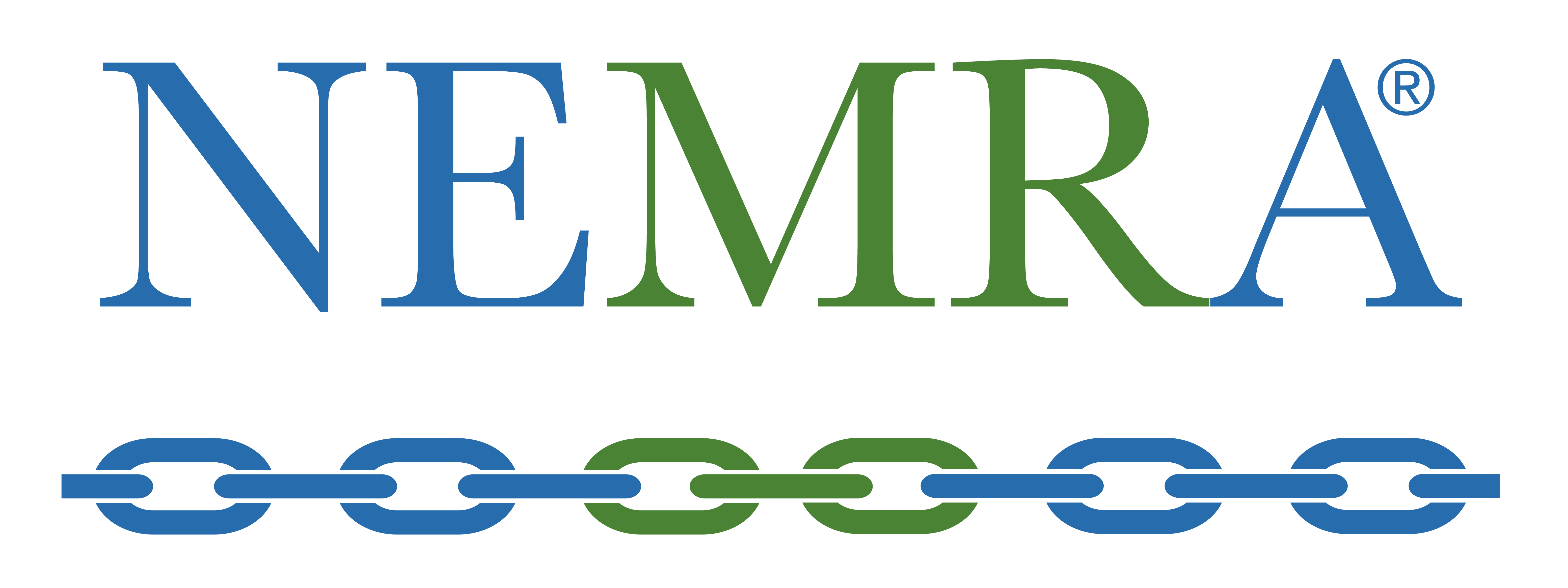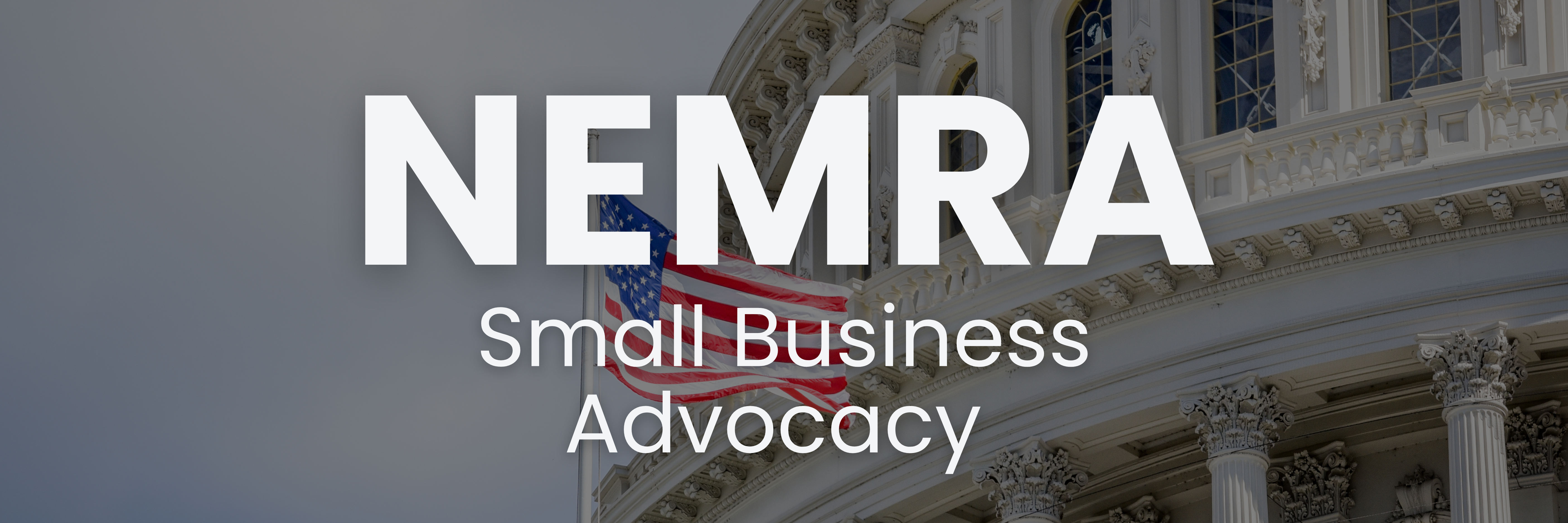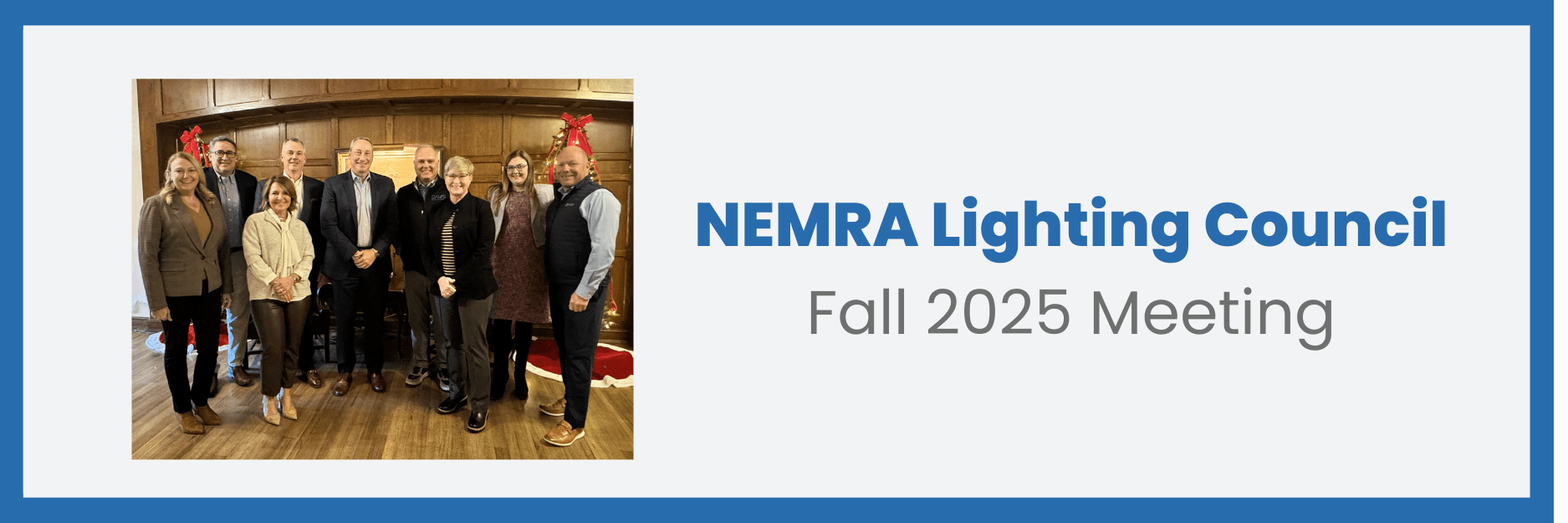ON DECK:
- Additional India tariffs, de minimis suspension take effect
- EU introduces tariff cuts to get auto tariff cut as Trump throws down gauntlet on digital trade
- Chinese Vice Minister stops in U.S. to meet USTR, Treasury staff
- Brazil begins retaliation process; Japan’s chief negotiator cancels visit to U.S. amid uncertainty on staging of announcements; Mexico may put tariffs on China
- Trump floats tariffs on furniture but it turns out it’s just gas part of the Section 232 lumber investigation
DISCLAIMER: The below is intended to inform, not to be construed as an official statement from the office of Rep. Yakym
Tidbits
De Modimis
It’s August 29, which means a few things took effect this week.
First, the additional 25% IEEPA tariff on India for buying Russian oil came into effect on Wednesday. You can see the Federal Register notice here and CSMS message here.
Since we’re on the topic, let’s see how things are going. India’s expected to increase its purchases of Russian oil in September; White House trade advisor Peter Navarro has taken to calling the Ukraine war “[Prime Minister Narendra] Modi’s war;” and Indian Foreign Minister S. Jaishankar told a group, “I mean, negotiations are still going on in the sense that nobody said the negotiations are off.” So yeah. Things are great!
Meanwhile Prime Minister Modi is kicking off an Asia tour that will include stops in Japan and China. It’s his first visit to China in seven years, and there will likely be meetings with Chinese President Xi Jinping and Russian President Vladimir Putin. A secret letter from President Xi to Prime Minister Modi apparently started to help rewarm relations between the two countries.
The other thing that took effect was the end of de minimis for all countries, effective today. You can see the Federal Register notice here and CSMS message here. Amid uncertainty of how this all is gonna go down, a lot of countries have suspended handling U.S.-bound parcels. Canada Post decided to hire a third party processor to help out. White House trade advisor Peter Navarro told everyone to suck it up: “Foreign post offices need to get their act together when it comes to monitoring and policing the use of international mail for smuggling and tariff-evasion purposes…We are going to help them do that, but at this point, they are vastly underperforming express carriers like FedEx, DHL and UPS.”
EU Deal Moves Along
As Belly faces a decision between Conrad and Jeremiah, so too does the U.S. have an uncertain path in its trading relationship with the EU. Depending on whether you’re an optimist or a pessimist, one of the following is Conrad, the other is Jeremiah.
On the one hand, the European Commission announced Wednesday it had put forward two proposals to implement the August 21 Joint Statement. The first would eliminate industrial goods tariffs and provide preferential market access on certain ag products; the other would extend tariff-free treatment of lobster. Per the Joint Statement’s terms, this act should trigger the U.S. to reduce its Section 232 auto and auto parts tariffs to 15% (unless the baseline tariff is more than 15%, in which no additional tariff will apply), retroactive to August 1. I haven’t seen that posted yet.
On the other, digital trade remains a hot topic. On Monday, President Donald Trump truthed a warning to all countries that “Digital Taxes, Digital Services Legislation, and Digital Markets Regulations are all designed to harm, or discriminate against, American Technology” could result in tariffs and chips export restrictions. Word also emerged that the U.S. is weighing sanctions of EU and/or member state officials implementing the Digital Services Act (DSA). And the House Judiciary Committee is getting in on the action, announcing a hearing next Wednesday on “Europe’s Threat to American Speech and Innovation,” which singles out the DSA and Digital Markets Act (DMA).
The EU was quick to defend its “sovereign right…to regulate economic activities on [its] territory.” EU industry chief Stéphane Séjourné threatened to put the U.S.-EU deal under review if the U.S. were to make good on its threat, while French President Emmanuel Macron told his ministers he thinks the EU should retaliate against U.S. tech companies if tariffs happen.
Buuut at the same time, things could get worse on this front. Poland is working toward implementing a 3% digital services tax by the end of the year, and the European Commission is continuing its examination of whether the DMA should be extended to AI.
One last note on the U.S.-EU front for the sake of completeness. I flagged House Ways and Means Committee Ranking Member Richard Neal’s (D-MA) statement panning the Joint Statement last week. On Saturday, Committee Chairman Jason Smith (R-MO) released a statement applauding it.
The Chenggang’s All Here
Vice Minister of Commerce Li Chenggang made a stop in Canada from Monday to Wednesday before heading to the U.S. to meet with USTR and Treasury staff. Topics of discussion were set to include Chinese purchases of soybeans and other products, while China wanted to discuss further relaxation of U.S. export controls. On the former point, reporting suggests that China wants the 20% IEEPA Fentanyl tariff gone more before it’s willing to discuss purchases. On the latter point, it’s not clear if any meetings with Commerce were set. An anonymous U.S. official was careful to note to Reuters that the U.S. did not request Vice Minister Li’s visit; that it does not consider Vice Minister Li to be China’s principal interlocutor on negotiations; and, as such, that he would not meet with USTR Jamieson Greer or other U.S. principals.
Elsewhere on the U.S.-China front, Treasury Secretary Scott Bessent said he still expects the next formal round to be sometime in late October or early November. The Commerce Department revoked China-related Validated End-User authorizations for Intel, Samsung, and SK Hynix. President Donald Trump threatened a 200% tariff on China if it doesn’t provide rare earth magnets, while China is further tightening rules governing rare earth mining, processing, and tracking. President Trump also announced the U.S. would accept 600,000 Chinese students, which has been another point of contention in U.S.-China talks.
And elserwhere, USTR extended the remaining Section 301 China tariff exclusions through November 29. House Select Committee on the Chinese Communist Party Chairman John Moolenaar (R-MI) sent a letter to Secretary Lutnick urging a rolling approach to chip export controls on China. Africa is seeing a surge in exports from China.
News from the Rest of the World
- Brazil: President Luiz Inacio Lula da Silva authorized (per Google Translate) the start of procedures to apply Brazil’s Economic Reciprocity Law. Foreign Minister Mauro Vieira likened it to a Section 301 investigation.
Canada: Last week, there was late-breaking news (ie right before I hit send) that Canada would be reducing its retaliation. A Friday statement from Prime Minister Mark Carney clarified that, effective September 1, Canada would remove retaliation on USMCA-eligible goods, while retaining its steel, aluminum, and auto tariffs. Canada-U.S. Trade Minister Dominic LeBlanc visited DC this week and held “constructive” talks with Commerce Secretary Howard Lutnick. An anonymous Canadian official told the Financial Times that the two sides are discussing in particular steel, aluminum, autos, copper, and softwood lumber in particular. Last week, Minister LeBlanc told Bloomberg TV he was “optimistic” about reaching a deal with the U.S. Canada is also looking at more restrictions on foreign steel to prevent dumping. The percentage of goods from Canada that were USMCA-compliant rose from 56% in May to 81% in June. - Indonesia: Coordinating Minister Airlangga Hartarto told Reuters that he’s still waiting for a response from the U.S. to confirm “zero or close to zero” tariffs on products like palm oil, cocoa, and rubber that aren’t produced in the U.S.
- Japan: Chief negotiator Ryosei Akazawa was supposed to visit the U.S. this week but canceled because, according to Chief Cabinet Secretary Yoshimasa Hayashi, “It became apparent that certain points required further technical discussion.” The snap is reportedly over the staging of fixing the 15% tariff snafu to make it a true-up situation like the EU vs. announcing more details on the investment portion of the deal. Minister Akazawa told reporters he did still expect to go to the U.S. before the fix is announced.
- Kenya: Trade Cabinet Secretary Lee Kinyanjui met with USTR Jamieson Greer last week.
- Malaysia: The government moved to ban exports of unprocessed rare earths.
- Mexico: The government may increase tariffs on China as part of its 2026 budget, which is due to be sent to Congress on September 8. Secretary of State Marco Rubio will travel to Mexico next week to discuss fentanyl and the trade deficit, among other topics. The U.S. requested another USMCA Rapid Response Labor Mechanism dispute with Mexico. The percentage of goods from Mexico that were USMCA-compliant rose from 42% in May to 77% in June.
- New Zealand: Trade Minister Todd McClay told a group that the U.S. and New Zealand agreed to “meet each month for the coming months.”
- Norway: Sen. Lindsey Graham (R-SC) called for tariffs on Norway after its sovereign wealth fund divested from Caterpillar over the Israel-Gaza war.
- South Korea: Despite initial unsteadiness over a truth from President Donald Trump, President Lee Jae Myung avoided a “Zelenskyy moment” during his White House visit. It included joint initiatives on shipbuilding and nuclear energy, as well as a Boeing plane order. President Trump acknowledged some South Korean concerns with the deal but said there wouldn’t be changes. He also said he might travel to South Korea for an APEC summit.
- Thailand: Finance Minister Pichai Chunhavajira said after a meeting with U.S. Ambassador to Thailand Robert Godec that Thailand is ready to work with CBP on transshipment. Buuut also Prime Minister Paetongtarn Shinawatra was removed by the Constitutional Court over an ethics violation. I don’t follow Thai politics, but this Substack lays out some scenarios for the path forward.
- The UK: The aforementioned House Judiciary Committee hearing on “Europe’s Threat to American Speech and Innovation” also singles out UK’s Online Safety Act and Digital Markets. Competition, and Consumers Act.
232s’ News
- Lumber: President Donald Trump truthed last Friday about a “major Tariff Investigation on Furniture” that would be completed within the next 50 days. It was quickly clarified that this is part of the Section 232 lumber and timber investigation, likely meaning that furniture will be considered a derivative. Later in the week, he said it’d be a “very substantial” tariff.
- Pharmaceuticals: White House trade advisor Peter Navarro had an op-ed in the Washington Times explaining the Trump Administration’s plan on pharmaceuticals – a strategic reserve, “predictable tariffs,” and long-term purchasing contracts.
- Steel: Reps. Rick Crawford (R-AR) and Frank Mrvan (D-IN), the co-chairs of the Congressional Steel Caucus, sent a letter to Commerce Secretary Howard Lutnick and USTR Jamieson Greer urging them not to weaken the Section 232 steel tariffs as part of ongoing trade negotiations. The Wall Street Journal reports that the U.S. steel industry is embarking on “the largest build-out of steelmaking capacity in decades.”
- Trucks: The United Autoworkers sent a letter to Secretary Lutnick urging Section 232 tariffs on medium- and heavy-duty trucks.
Quick Hits
- The Senate Finance Committee will hold a vote to advance the nomination of Bryan Switzer as Deputy USTR next Thursday
- CBP is proposing to update its e-allegations submission form
- The U.S. Geological Survey proposed adding copper and potash to the List of Critical Minerals
- Treasury Secretary Scott Bessent said tariff revenue could top $500 billion this year as the Congressional Budget Office (CBO) estimated it could reduce total deficits by $4 trillion over ten years
- The Court of International Trade vacated a two-year moratorium on solar panels from Southeast Asia under former President Joe Biden, the opinion isn’t yet available on its website
- The Panama Canal Authority is planning to sell rights to build two new ports in order to limit the influence of any one operator
Tarif-Fone
Let me know if I missed anything. It’s not unpossible. A strikethrough on the IEEPA tariffs felt too final since they’re still in place, so I italicized them instead.
Trade Actions in Effect | ||||
As of | Who | What | Rate | Authority |
2/4/25 | China | 20% (10% from 2/4/25-3/3/25) | ||
3/4/25 | Canada | 35% (25% from 3/4/25-7/31/25) | ||
3/4/25 | Mexico | 25% | ||
3/12/25 | All countries | 50%; UK at 25% (25% for all countries from 3/12/25-6/4/25) | ||
3/12/25 | All countries | 50%; UK at 25% (25% for all countries from 3/12/25-6/4/25; was 10% prior to 3/12/25) | ||
4/2/25 | Countries importing Venezuelan oil (currently none) | 25% | ||
4/3/25 | All countries | 25% | ||
4/4/25 | All countries | 25% | ||
4/5/25 | Countries not on this list (minus Canada, China, Cuba, North Korea, Russia, Belarus) | 10% | ||
4/9/25 | China | 10% (was 125% from 4/10/25-5/3/25; was 84% on 4/9/25) | ||
5/2/25 | China, Hong Kong | N/A | ||
5/3/25 | All countries | 25% | ||
6/23/25 | All countries | Tariffs on steel derivatives (mostly appliances) | 50% (25% for UK) | |
8/1/25 | All countries | 50% | ||
8/6/25 | Brazil | 40% | ||
8/7/25 | ||||
8/18/25 | All countries | Tariffs on steel and aluminum derivatives | 50% (25% for UK) on steel or aluminum content; IEEPA rate applicable to country on non-steel or aluminum content | |
Effective 8/27/25 | India | 25% | ||
Effective 8/29/25 | All countries | N/A | ||
Coming Attractions |
| ||||
Status | Who | What | Rate | Authority |
|
Supposed to be 7/1/25 | All countries | Inclusion request window for Section 232 auto parts opens | 25% |
| |
9/1/25-9/15/25 | All countries | Inclusion request window for Section 232 steel and aluminum derivatives | 25% |
| |
Hearing 9/3/25 (comments due 8/18/25; action due 7/15/26) | Brazil | TBD |
| ||
Comments due 9/9/25 probably (action due 5/22/26 probably) | All countries | TBD |
| ||
9/30/25 | All countries | Oral arguments in Learning Resources, et al. v. Trump at U.S. Court of Appeals for the DC Circuit challenging universal and reciprocal tariffs |
| ||
10/1/25 | All countries | Inclusion request window for Section 232 auto parts opens | 25% |
| |
Effective 10/14/25 | Shipping companies | Various fees |
| ||
Due 10/22/25 or 1/20/26 (comments due 5/16/25) | All countries (probably) | TBD |
| ||
Due 10/28/25 | All countries | Inclusions process for Section 232 copper |
|
|
|
Effective 11/10/25 | China | Reciprocal tariff | 34% |
| |
Due 11/25/25 (comments due 4/1/25) | All countries (probably) | TBD |
| ||
Expires 11/29/25 | China | Certain Section 301 China tariff exclusions | 7.5% or 25% |
| |
Due 12/10/25 (hearing was 3/11/25) | China | TBD |
| ||
Due 12/27/25 (comments due 5/7/25) | All countries (probably) | TBD |
| ||
Due 12/27/25 (comments due 5/7/25) | All countries (probably) | TBD |
| ||
Due 1/20/26 (comments due 5/16/25) | All countries (probably) | TBD |
| ||
Due 1/26/26 (comments due 6/3/25) | All countries (probably) | TBD |
| ||
Due 3/28/26 (comments due 8/6/25) | All countries (probably) | TBD |
| ||
Due 3/28/26 (comments due 8/6/25) | All countries (probably) | TBD |
| ||
TBD (no current deadline) | Canada | 25% |
| ||
TBD (no current deadline) | Mexico | 25% |
| ||
TBD | All countries (probably) | 100% | TBD (maybe Section 232) |
| |




